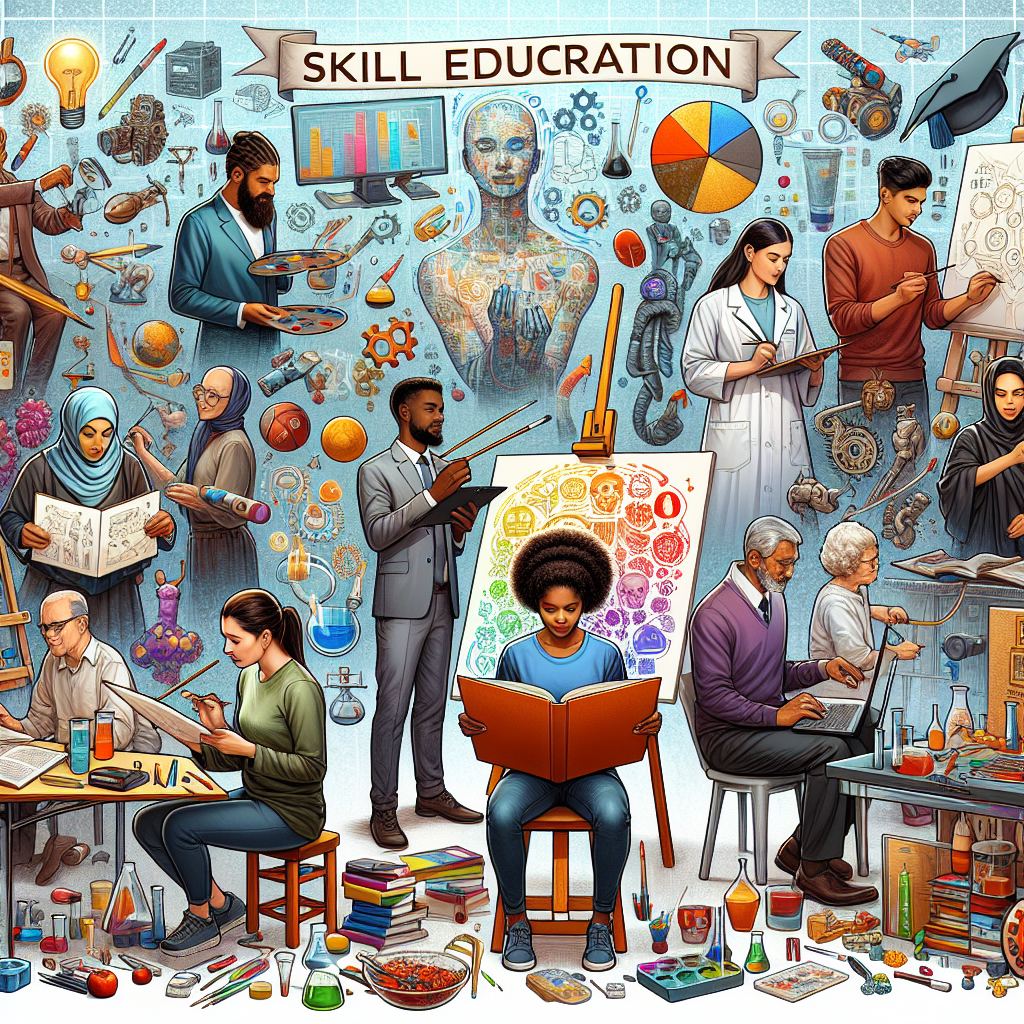Mauritania and Chad Launch $137M RELANCE Project to Transform Education
By offering flexible and inclusive learning pathways, the project aims to close education gaps and open doors to opportunity for the region’s dynamic youth.

- Country:
- Mauritania
In a transformative step toward strengthening education systems in the Sahel, the Governments of Mauritania and Chad have officially signed funding agreements for the Regional Engagement for Learning and Collaboration in Education (RELANCE) Project. With a total investment of $137 million, the initiative is jointly supported by the World Bank and the Federal Republic of Germany. The RELANCE Project seeks to reshape education in both countries through regional collaboration, innovation, and inclusive learning approaches—laying the foundation for a more resilient, skilled, and empowered generation of learners.
A Vision for Inclusive and Future-Ready Education
The RELANCE Project is designed to address pressing educational challenges in a region marked by rapid population growth, persistent inequalities, and a rising demand for job-relevant skills. More than 850,000 young people—half of them girls—stand to benefit directly from the initiative. Special emphasis is being placed on access for learners with disabilities and those excluded from traditional education systems.
By offering flexible and inclusive learning pathways, the project aims to close education gaps and open doors to opportunity for the region’s dynamic youth.
“The signing of the financing agreements for the RELANCE Sahel project reflects our collective commitment to building a resilient, educated, and forward-looking Sahel,” stated Sid'Ahmed Bouh, Mauritania’s Minister of Economy and Finance.
Anchoring Regional Cooperation Through Institutions
A major component of RELANCE is the establishment of a Regional Institute of Education in Nouakchott, Mauritania. Backed by the Association of African Universities, the institute will:
-
Train education sector executives to improve national education planning and management.
-
Promote applied research to inform evidence-based policy.
-
Serve as a hub of academic excellence and knowledge exchange between Mauritania, Chad, and potentially other Sahel countries.
This institute is expected to play a critical role in promoting long-term regional collaboration, supporting the professional development of education officials, and cultivating a culture of innovation in policymaking.
Open Schools: Reaching the Excluded
Another cornerstone of RELANCE is the development of Regional Open Schools in both Mauritania and Chad. These institutions will offer hybrid learning models, combining:
-
Digital platforms
-
In-person support
-
Technical and vocational training
The goal is to reach out-of-school youth, especially those in remote or underserved areas, and equip them with skills relevant to their social and economic contexts.
“The Regional Open School is a concrete response to the educational realities of our country,” said Dr. Aboubakar Assidick Tchoroma, Chad’s Minister of National Education and Civic Promotion. “It will allow thousands of young people, often far from traditional structures, to have access to adapted learning paths that bring skills and hope.”
Germany and the World Bank: Key Strategic Partners
The RELANCE Project is supported financially through the Sahel and West Africa Coast Multi-Donor Trust Fund, with Germany contributing via KfW Development Bank. The German government’s commitment underscores a growing recognition of education as both a development and stability tool in fragile regions.
“RELANCE reflects an ambitious and pragmatic regional approach. By supporting this initiative, Germany reaffirms its willingness to support Sahel countries in their efforts to build more inclusive education systems that are better grounded in local realities,” noted Dr. Florian Reindel, German Ambassador to Mauritania.
The World Bank, for its part, is providing technical assistance and long-term financing, ensuring the project draws from successful national initiatives, such as:
-
PASEB II (Basic Education Sector Support Project) in Mauritania
-
PARAEB (Project to Improve Learning Outcomes in Basic Education) in Chad
“Shaping minds is about charting the path to a brighter future,” said Ousmane Diagana, World Bank Vice President for Western and Central Africa. “The RELANCE project reflects our shared commitment to making education a transformative force in Mauritania and Chad.”
A Model for Regional Integration and Expansion
What sets RELANCE apart is its regional, open-platform design. It is structured to allow other Sahelian countries to join and benefit from its shared resources, research, and institutional frameworks. The initiative therefore lays the groundwork for a harmonized and integrated Sahelian education space, built on the pillars of collaboration, data-driven policy, and inclusive innovation.
A coordination mechanism will ensure efficient implementation, cross-country learning, and monitoring of progress across participating states. The hope is that RELANCE can be a blueprint for regional education transformation far beyond Mauritania and Chad.
Looking Ahead: Investing in Human Capital
As the Sahel navigates a complex web of developmental challenges, the RELANCE Project represents a bold investment in human capital. By addressing the foundational issues in education—access, quality, inclusivity, and relevance—the project positions Mauritania and Chad to foster productive, informed, and resilient societies.
With the commitment of national governments, the support of global partners, and a strong emphasis on regional integration, RELANCE promises to plant the seeds of sustainable development and peace through the power of education.










